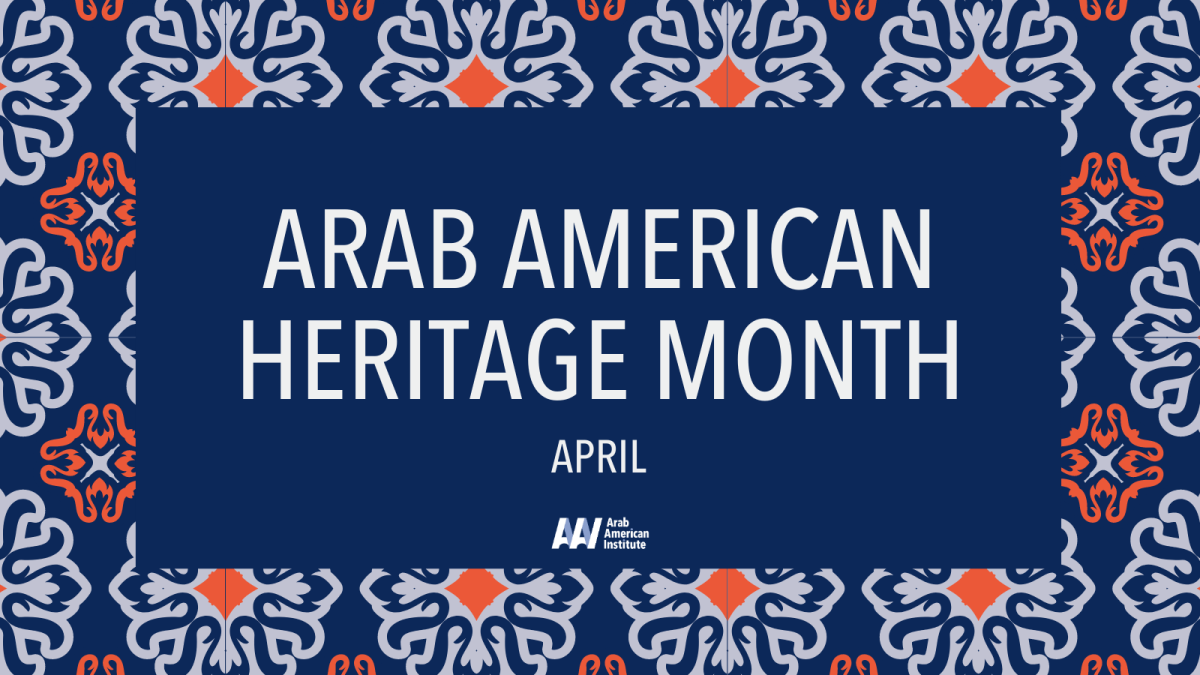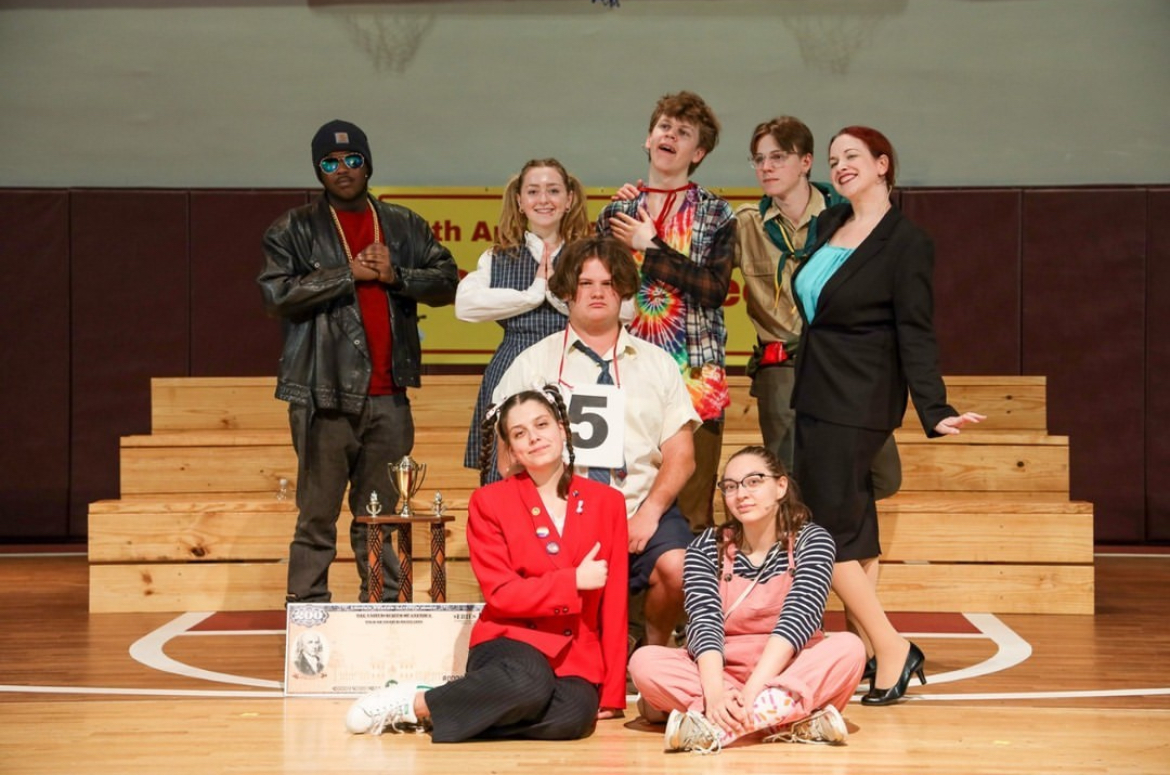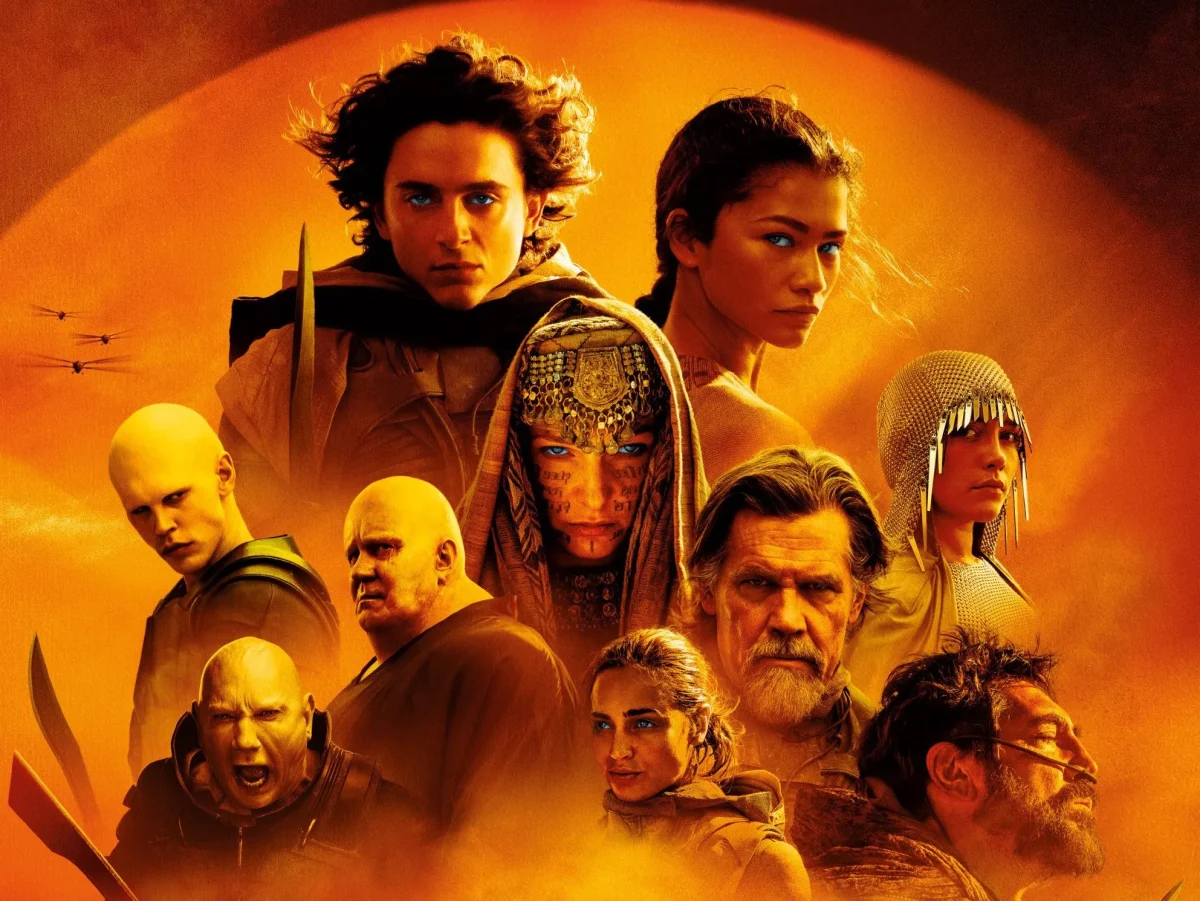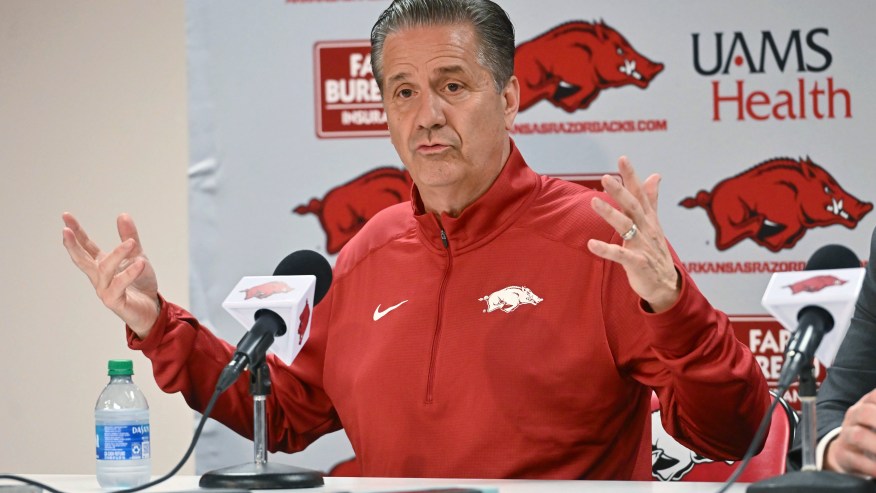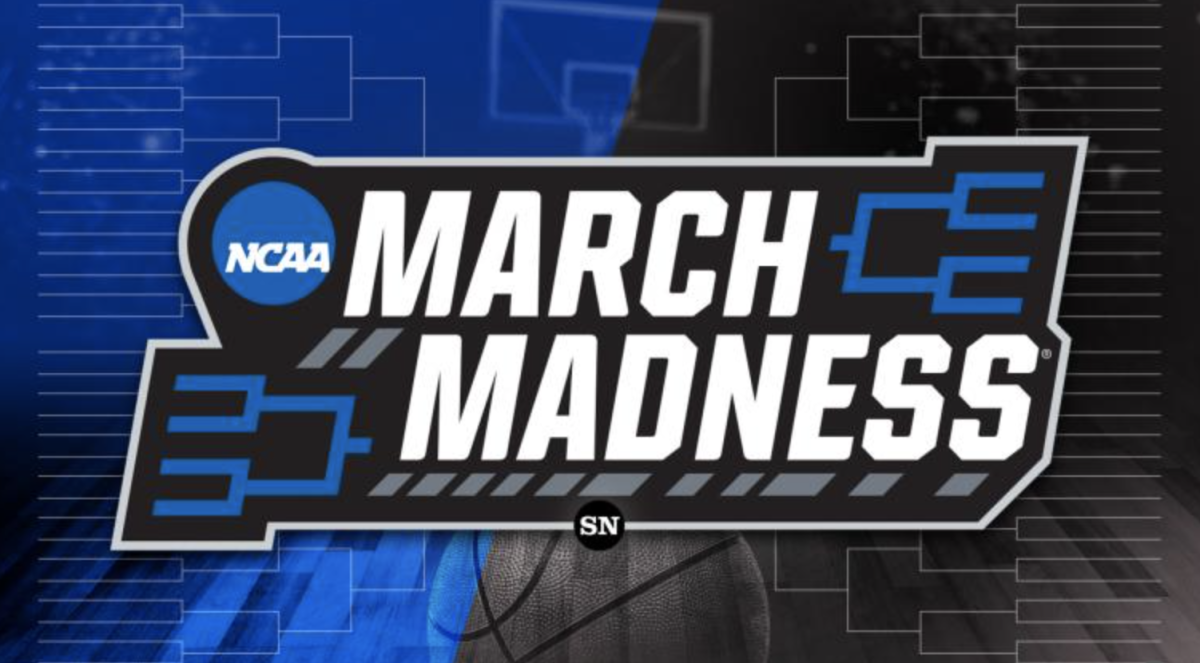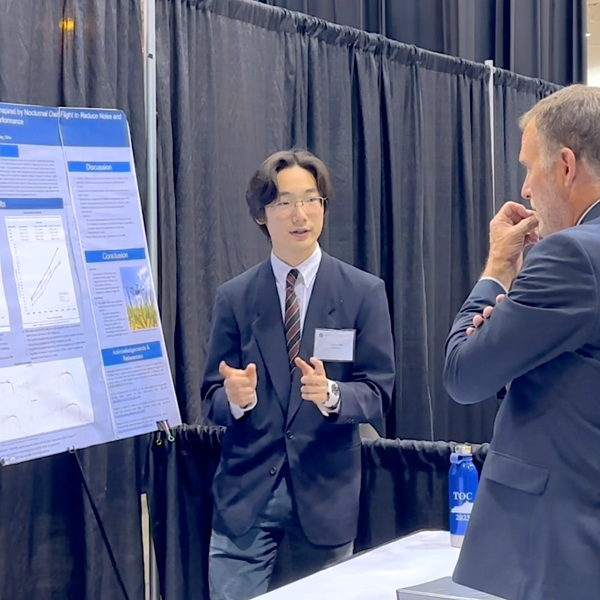
After a long morning of learning and participating in class, Justice is finally able to take a break from his day in elementary school by sitting down at the lunch table. Looking expectantly at his lunch, which consists of fish soup, rice, and egg rolls, Justice sees something of the corner of his eye. A crowd of peers is gathering around him, questioning his meal, and looking on with a judgmental expression.
Justice Arai ’24 notes a unique experience known as “Lunch Box Moments,” which he describes as “very common among Asian families,” especially at a young age.
He further explains, “People were really interested…just because everyone else had peanut butter and jelly…everyone would actually crowd around my table and observe.”
He goes on to say that “I really didn’t like to have all that attention…I just wanted to eat food and be left alone.” He notes that “we were all just kids,” and “questions about the food were simply out of curiosity.”
He adds, “How I felt and how they felt was understandable…Now I don’t really mind bringing in foods…I’d rather share them, all the different foods I have.”
Justice’s impact on the Upper School of University School is nothing short of great. He involves himself in a plethora of activities which include a research project focused on biomimicry, Speech and Debate (Captain of Speech and Congress), Mock Trial, Academic Challenge, and co-heading the East Asian Platform. Coming to University School in 8th grade, Justice did not waste any time to pursue his academic and personal interests through the many options the school has to offer. However, as a first generation American he had a distinctive path to the community on the Shaker and Hunting Valley campuses.
At home, the dynamic is unique in the sense of language, which Justice believes has shaped him into who he is today.
“At home, I only speak Japanese,” Justice explains, “it’s our [family’s] shared language.” His parents met in Japan, with his dad being from Japan and his mom being from Taiwan. He explains that his first language is Japanese, and that his family has an extraordinary language circumstance.
He states that, “My mom learned Japanese in Japan [and] my dad did not learn Chinese.”
As a result, Justices explains, “Our common language at home is Japanese,” noting, “it’s the language I grew up learning most of my life.”
Justice highlighted his experiences in Argentina, where describes his love of language. “I really enjoy Spanish,” Justice said. “In Argentina I really used my Spanish to connect with people. For example, [I learned about] my host family and their culture, politics…and economy.”
“[Language] got me into history,” Justice states, “Language kind of helped me understand both my family history and just history in general.” He credits these experiences to his current passion of both language and history.
Justice’s educational story is nothing less than unique as well; he has had the experience of learning in many different environments. It began in Deerfield, Massachusetts where he attended regular school, Japanese School on weekends, a Chinese Immersion School (where he learned yet another language), and then when he moved to Ohio, where he enrolled in University School from eighth grade onwards.
Justice highlighted that race was never really on the front of his mind at school. “I didn’t really think of it…I wasn’t affected by it,” he said. “It’s a very inclusive community,” he added, when speaking about University School.
In the end, though, these experiences and more have shaped Justice into what he is today. Justice states, “Language has given me a global perspective on things,” as well as his dad’s job. He had previously worked at the Senior Mediation Advisor for the United Nations, but now works privately in that business as well as being a professor at Kent State.
Justice describes his father’s job as “conflict resolution.” For example, his father has met with leaders of the Taliban. Justice even recalls “[going] with him to Istanbul during the height of the Syrian refugee [crisis].” He states that those experiences were “eye-opening,” and those along with his interest in language, geography, and history have given him a global perspective the encompasses our world.
His initial embarrassment during the Lunch Box Moment still influences Justice’s choices today. For example, in co-leading the East Asian Platform, Justice tries “to introduce many cultures, not just Chinese…so others don’t contribute to lunch box moments and [instead] appreciate other cultures.” That short of sharing has become part of Justice’s own identity.
